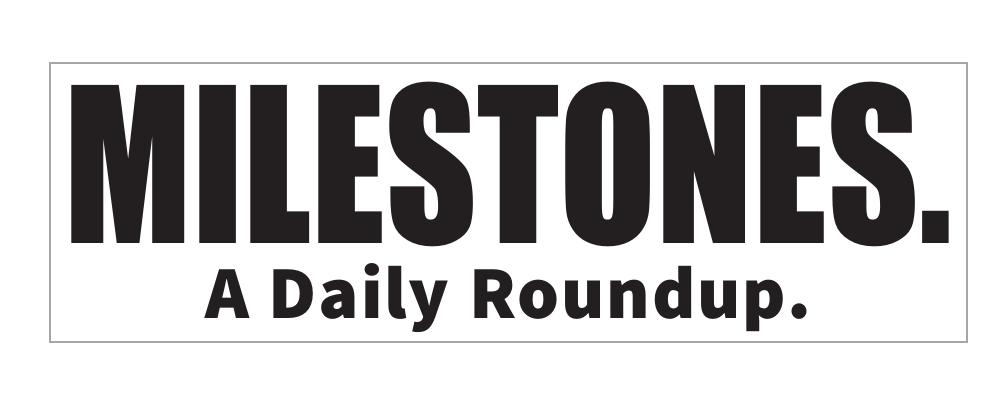Milestones: December 26, 2023

VICTORY AT TRENTON — GENERAL GEORGE WASHINGTON’S CONTINENTAL ARMY WON ITS FIRST BATTLE OF THE REVOLUTIONARY WAR AT TRENTON, NEW JERSEY, ON DEC. 26, 1776. Using the element of surprise, exploiting the Hessian army’s drunken revelry on Christmas Day, the Continental Army soldiers quickly overpowered the groggy Hessians, who had grown complacent after successive victories by the British army, for whom they were also fighting. But in this case, the victors had to withdraw after surrounding Trenton, due to a shortage of artillery and troops, after the Patriots’ retreat across the Delaware River on Christmas.
Washington’s victory boosted the soldiers’ morale, especially since their enlistments were about to expire in five days.
✰✰✰

Brooklyn Boro
View MoreNew York City’s most populous borough, Brooklyn, is home to nearly 2.6 million residents. If Brooklyn were an independent city it would be the fourth largest city in the United States. While Brooklyn has become the epitome of ‘cool and hip’ in recent years, for those that were born here, raised families here and improved communities over the years, Brooklyn has never been ‘uncool’.